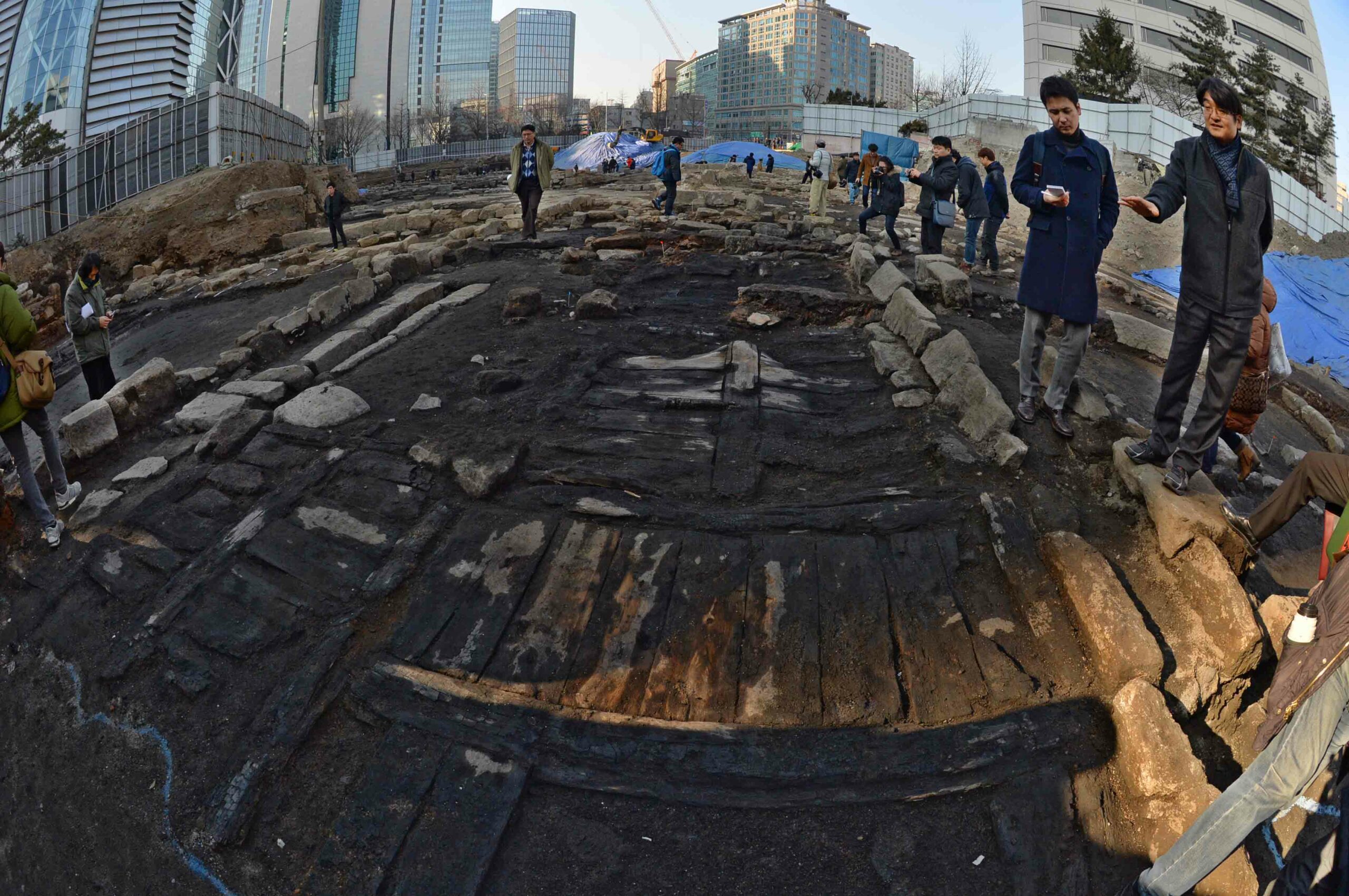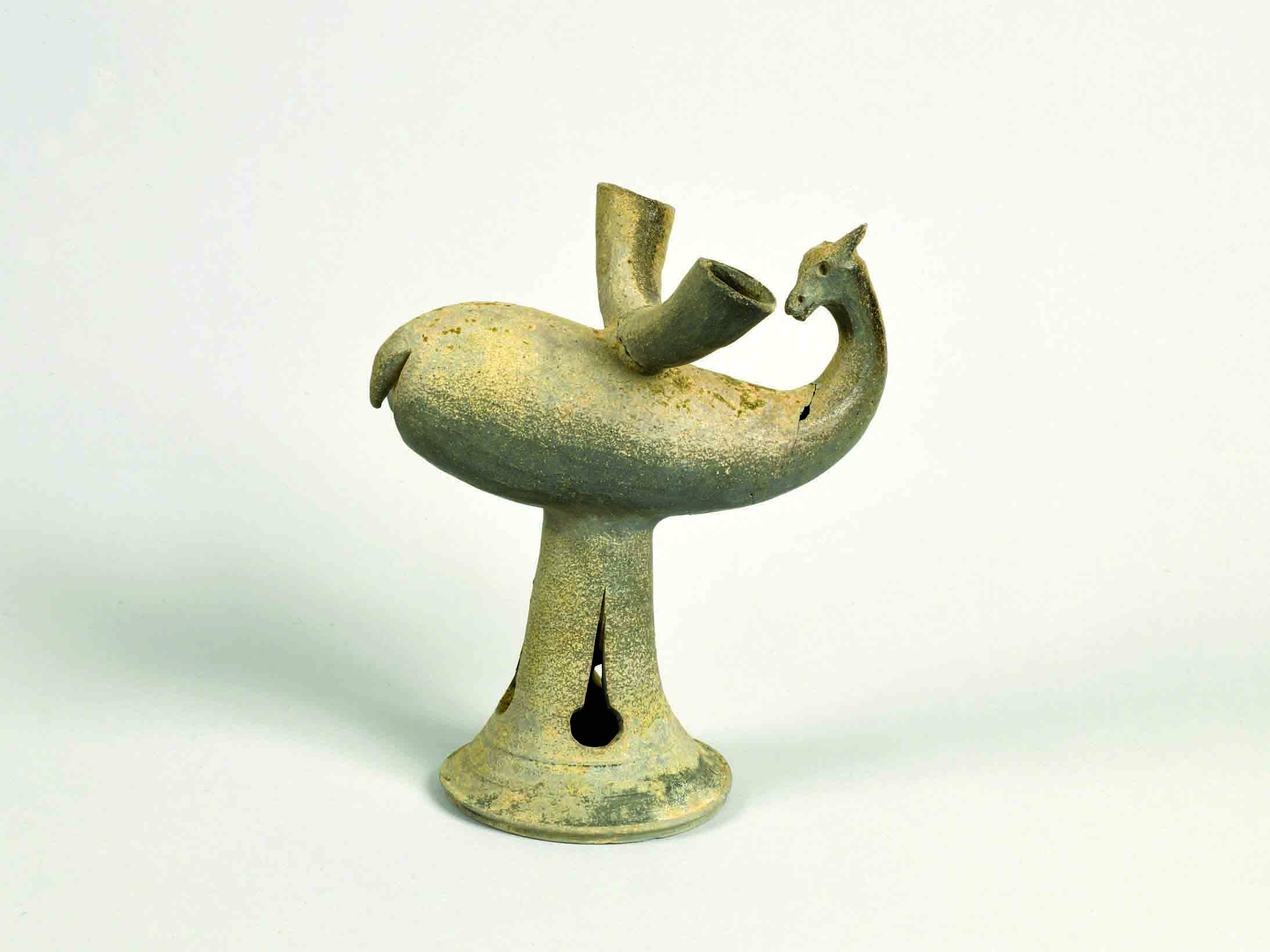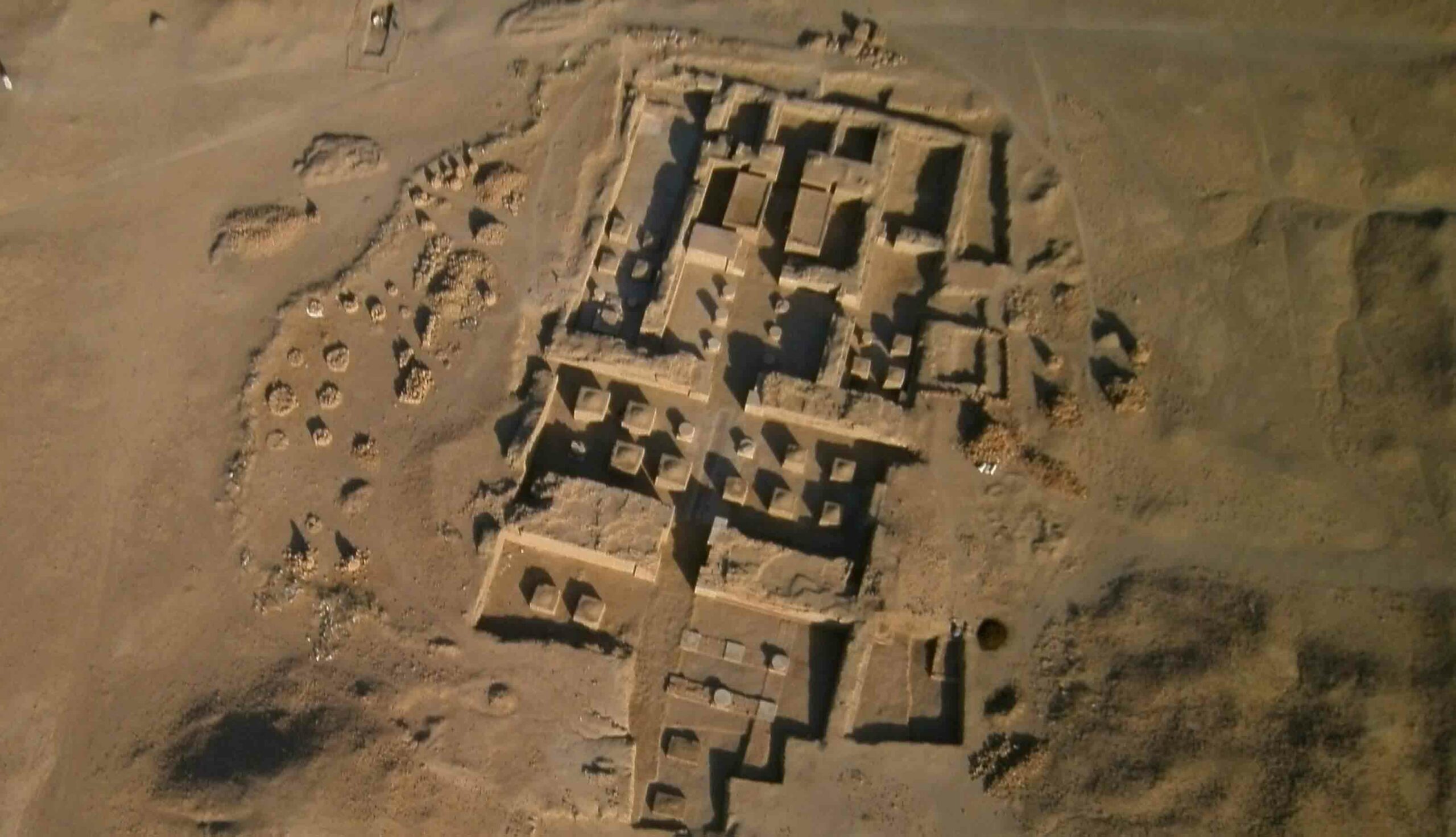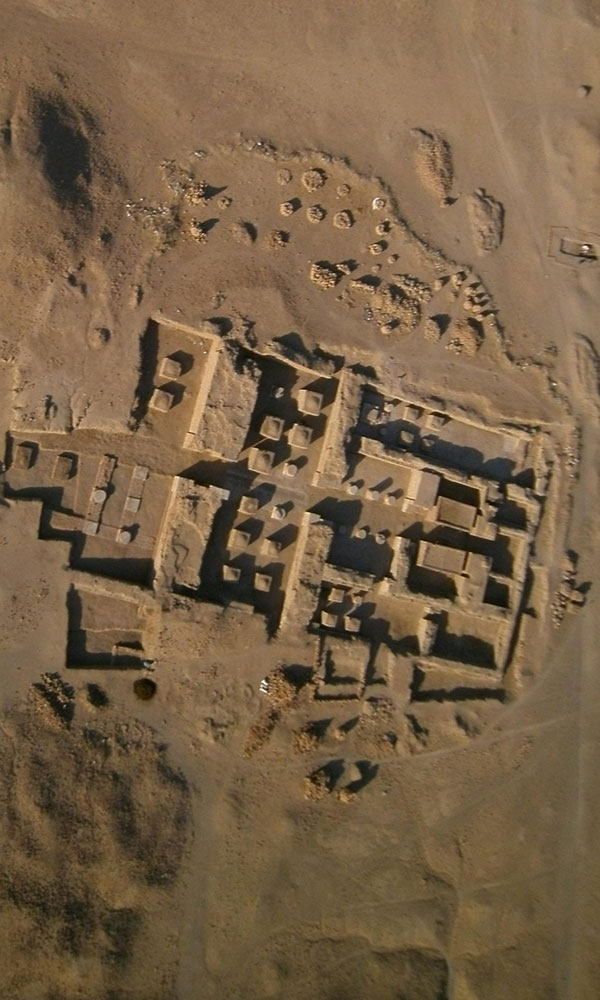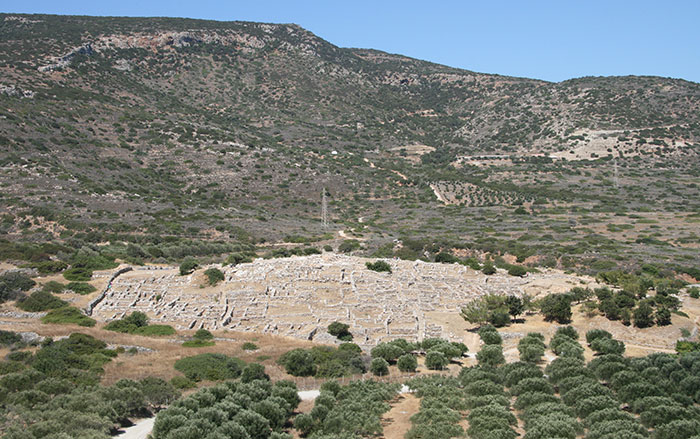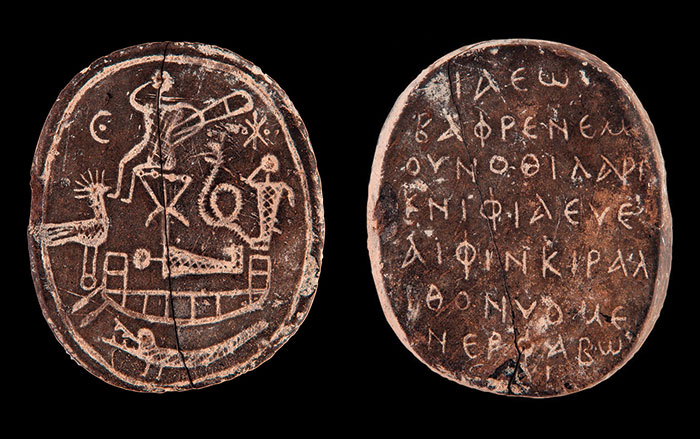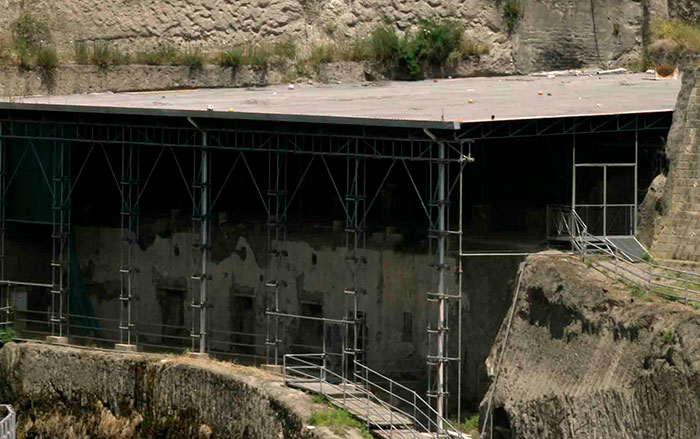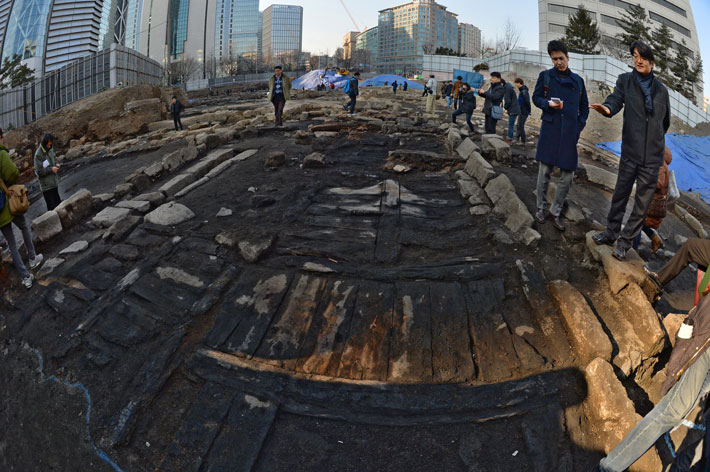
On a 1.73-acre site in the middle of downtown Seoul, archaeologists have uncovered 37 residences, large and small, constructed during the early part of Korea’s Joseon Dynasty, which lasted from 1392 until the colonization of the country by Japan in 1910. The excavations, led by the Cultural Heritage Administration, took place in the Jongno District, the capital city’s bustling financial and commercial section, and are believed to have uncovered an area inhabited by both aristocrats and commoners. During the Joseon Dynasty, the Jongno District was close to the royal palace, and, beginning in the seventeenth century, was also the location of government-licensed shops, which may explain the varied population. The nine-foot-wide alleyways are similar in size to those in modern downtown Seoul, which researchers say supports their theory that the general city structure of Seoul—and in particular its alleyways—maintains the same overall look as it had in the fourteenth century, when the Joseon Dynasty declared the city its capital. In addition to the foundations and alleyways, archaeologists found roof tiles, pieces of blue-green celadon and milky-white porcelain, animal bones, traces of ondol (under-floor heating systems), and daecheong maru, open-air spaces within traditional houses where people enjoyed unobstructed natural views and easy access to front and rear gardens.


